Fever builds for Beijing Winter Olympics boycott
US allies were weighing joining the US in a diplomatic boycott of the Beijing Winter Olympics on Tuesday night.
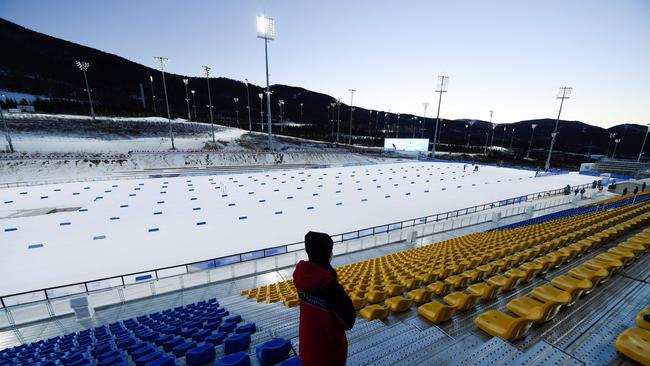
US allies were weighing joining the US in a diplomatic boycott of the Beijing Winter Olympics on Tuesday night, after the White House followed through with a threat to punish China for human rights abuses, prompting promises of retaliation by Beijing.
New Zealand became the second country to announce it would not send diplomatic officials to the Games in Beijing in February, citing fears of Covid-19 as the reason.
Japan and Australia said they had not decided whether to match the US decision, as the former leader of the British Conservative party encouraged the Johnson government to impose its own boycott.
“It is to our distress and annoyance that my government has failed so far to express a view on this,” former Tory leader Iain Duncan Smith told the House of Commons on Monday.
Japanese Prime Minister Fumio Kishida said Japan, the US’s most important ally in Asia, was yet to make a decision. “We will make a judgment from the perspective of our national interest, taking into consideration the significance of the Olympics and Japan’s diplomacy,” he said.
Chinese foreign affairs spokesman Lijian Zhao said China would “take resolute countermeasures if the US is bent on the wrong decision” ahead of the formal announcement, adding it “would affect China-US dialogue and co-operation on key areas”.
“No one actually cares whether or not the politicians clamouring for ‘boycott’ would come to the Beijing Winter Olympics,” he said.
The Chinese Communist Party-controlled Global Times said the Chinese were “relieved to hear the news because the fewer US officials come, the fewer viruses will be brought in”.
President Joe Biden warned Chinese President Xi Jinping in a virtual meeting last month that the US was considering a boycott as a way of punishing China for human rights abuses, belligerent behaviour against the US and its allies, and provocative military manoeuvres around Taiwan.
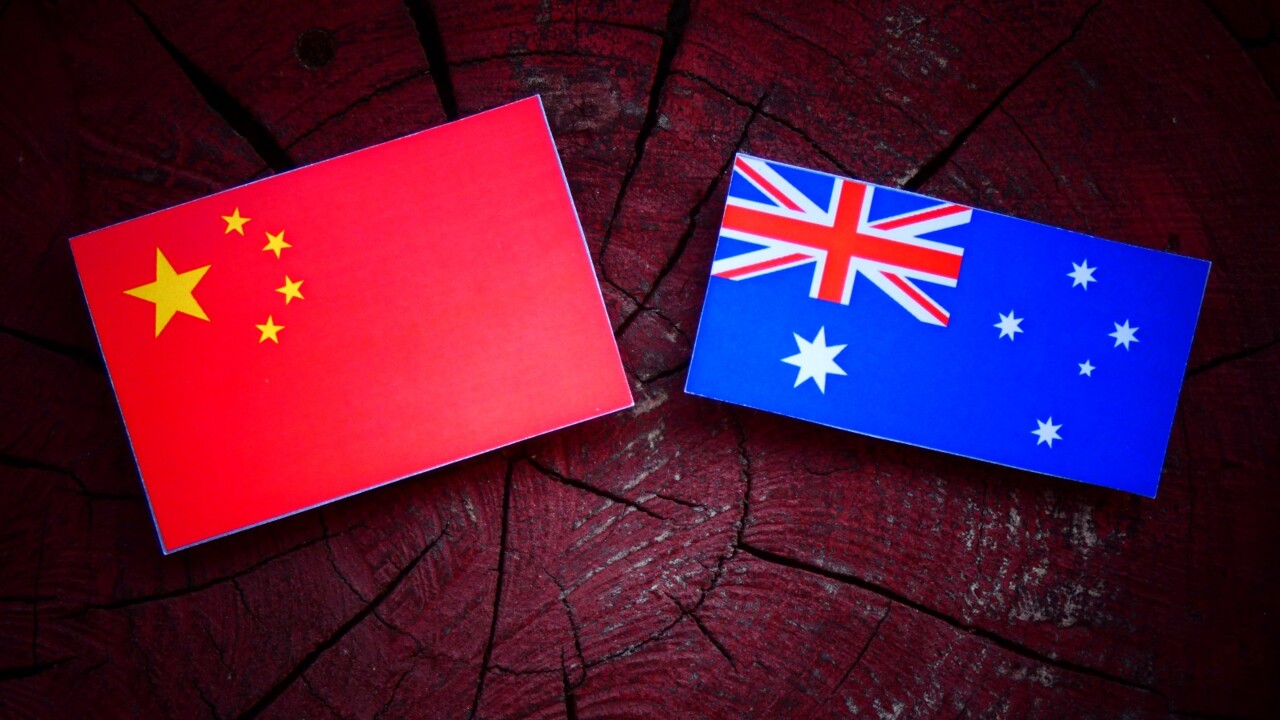
“The Biden administration will not send any diplomatic or official representation to the Beijing 2022 Olympic and Paralympic Games given the PRC’s ongoing genocide and crimes against humanity in Xinjiang and other human rights abuses,” said White House press secretary Jen Psaki on Monday.
“The athletes on team USA have our full support. We will be behind them 100 per cent as we cheer them on from home. We will not be contributing to the fanfare of the Games.”
The boycott earned bipartisan acclaim in Washington, although Republican leaders suggested the US should have gone further.
“The CCP doesn’t give a rip about a diplomatic boycott, because at the end of the day, they are still hosting the world’s athletes,” former secretary of state Mike Pompeo said.
Nikki Haley, a former US ambassador to the UN, said the boycott was a “joke”. “China doesn’t care if Biden and Team show up,” she said.
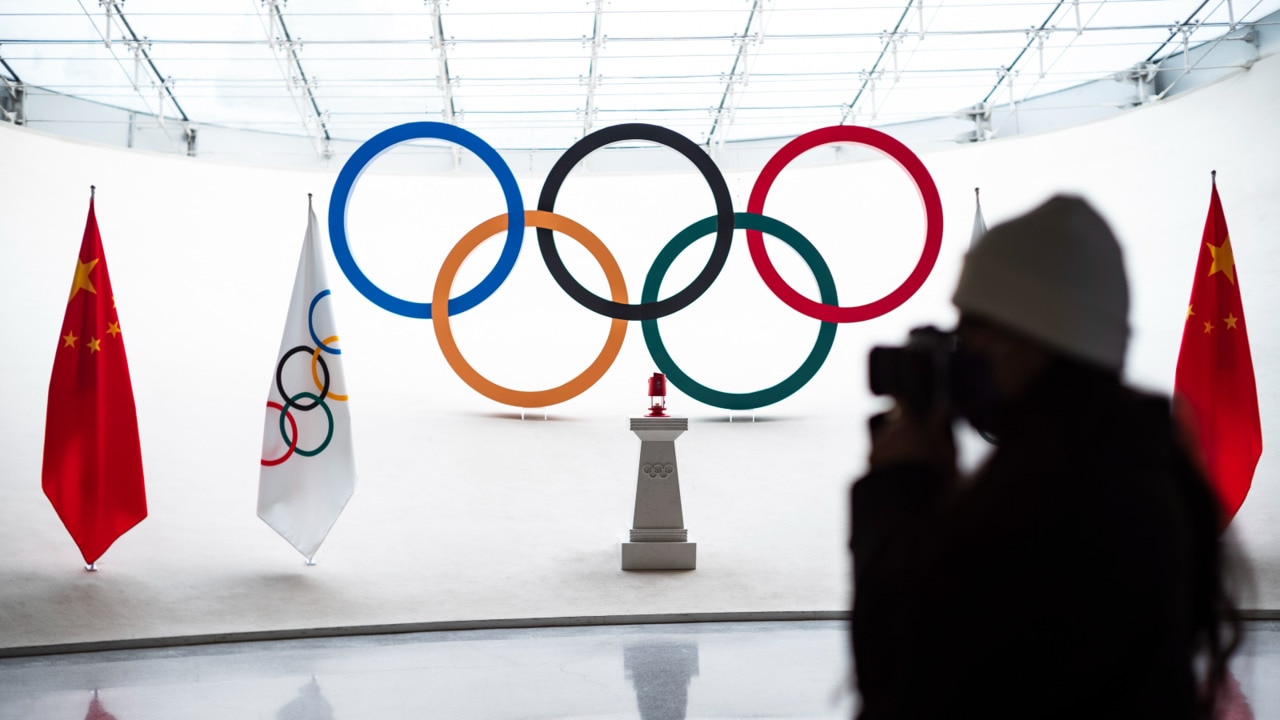
In a statement following the US announcement, the International Olympic Committee said it was a “purely political decision for each government”.
“This announcement also makes clear that the Olympic Games and the participation of the athletes are beyond politics, and we welcome this,” it said.
Gregory Meeks, Democrat and chairman of the House of Representatives foreign affairs committee, said the White House had made “absolutely the right decision”.
“I am calling on other countries to join in refusing to send official delegations to the Olympics. We need to speak with one voice and make clear that silence is not an option when any country, no matter how powerful, grossly undermines universal human rights,” he said.
The last full boycott of the Olympics by the US was in 1980, when president Jimmy Carter withdrew in protest against the Soviet Union’s invasion of Afghanistan.



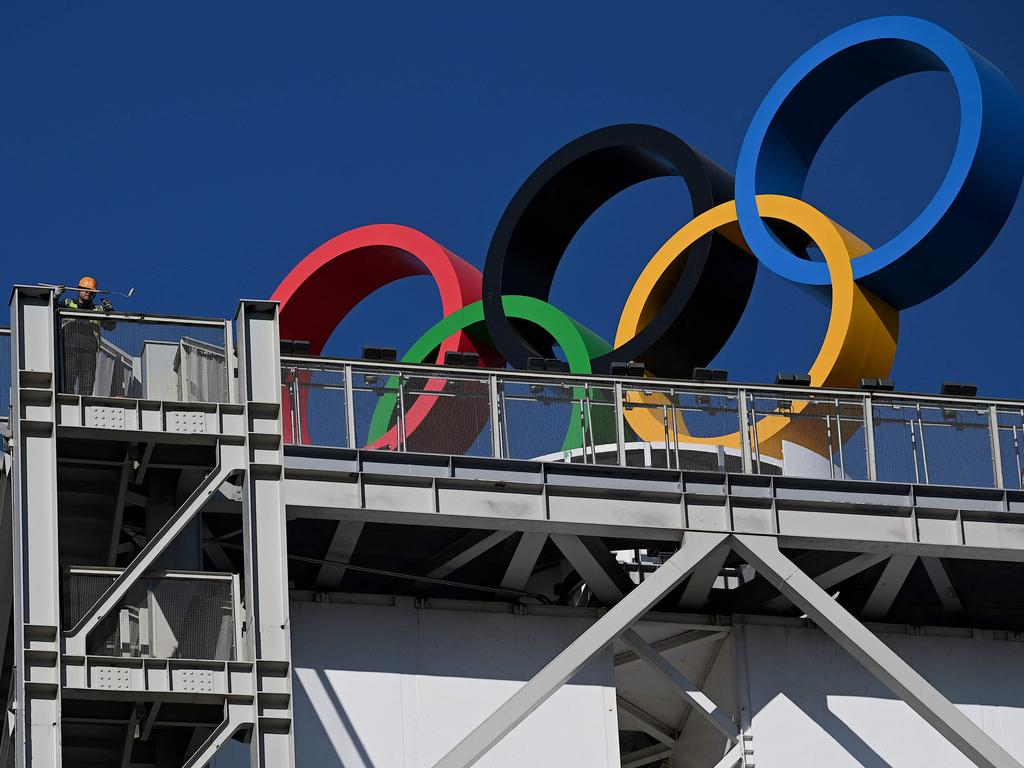

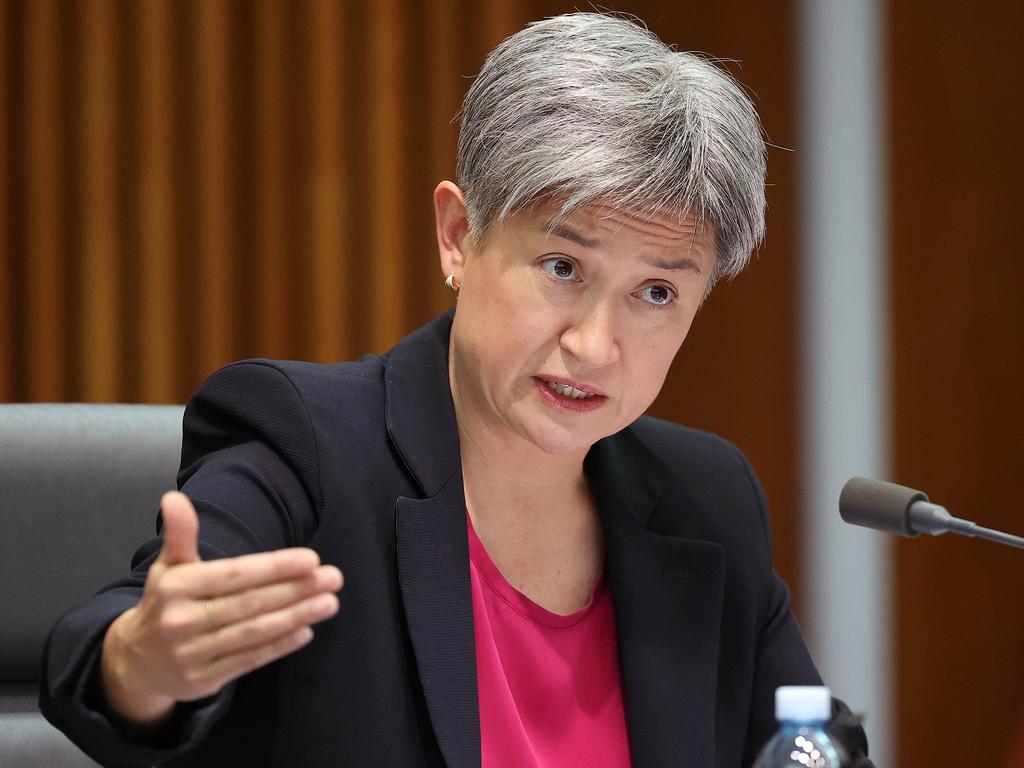


To join the conversation, please log in. Don't have an account? Register
Join the conversation, you are commenting as Logout